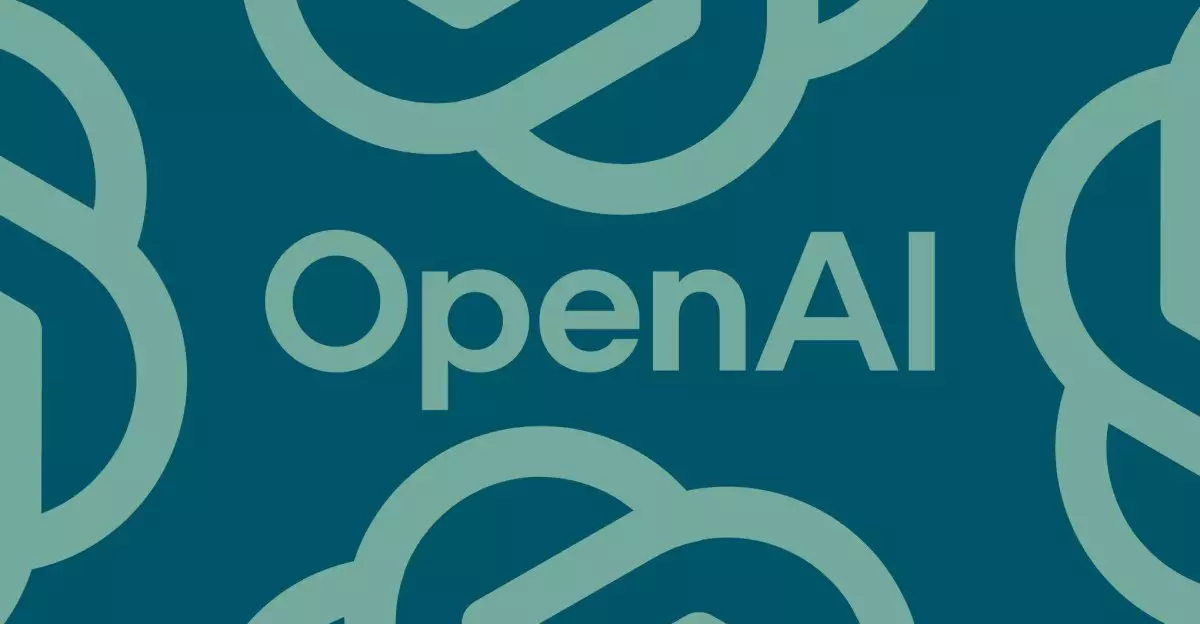In a dramatic turn of events, the tech world has been captivated by a high-stakes legal saga involving AI pioneer OpenAI and its co-founder Elon Musk. Recently, OpenAI filed a countersuit against Musk, accusing him of using underhanded tactics to undermine the organization. The swift escalation of these legal confrontations raises critical questions about the influence of personal ambitions in the rapidly evolving field of artificial intelligence.
Musk’s multifaceted relationship with OpenAI has been intriguing. Initially a co-founder, his departure came with growing concerns over the organization’s shift towards profit generation, departing from its foundational commitment to ethical AGI development for humanity’s sake. Musk’s allegations hinted at a profound discontent with the company’s trajectory, revealing a deeper underlying battle regarding ownership of innovation. What is particularly striking is Musk’s oscillation between advocate for altruism and aggressive legal aggressor. In one breath, he accuses OpenAI of abandoning its mission; in the next, he launches litigation aimed at regaining control over a narrative that seems increasingly detached from his original vision.
A Closer Look at the Allegations
OpenAI’s countersuit starkly characterizes Musk’s legal maneuvers as “bad-faith tactics.” This term is deliberately loaded, as it speaks to the potential motivations behind Musk’s actions—suggesting they are not merely in pursuit of ethical governance but rather serve a more self-serving agenda. By asserting that Musk aims to “seize control of the leading AI innovations,” OpenAI frames him not as a guardian of AI ethics but rather as someone attempting to manipulate a valuable asset for personal gain.
The recent legal proceedings revolve around a variety of strategies Musk employed to destabilize OpenAI’s operations. Notably, the accusations include orchestrating a fake takeover bid, which, if proven, undermines not only Musk’s public persona but challenges the ethical ground upon which he brands himself as a proponent of positive technology. These actions depict a fight not just for influence but for the very soul of AI development.
The Role of Public Perception and Media
The media, particularly platforms like The Verge, plays a crucial role in shaping public understanding of this saga. The Verge’s editor-in-chief, Nilay Patel, has bluntly described Musk’s legal strategy as “hilariously bad,” an assessment that may resonate with tech-savvy readers who appreciate the absurdity of the situation. This playful derision adds an entertaining layer to an otherwise serious debate about the future direction of artificial intelligence and the ethics surrounding it.
While many may chuckle at the antics of one of tech’s most polarizing figures, the implications of this legal drama unfold on a broader canvas. The tussle between Musk and OpenAI exemplifies a profound dilemma within the tech industry: the balance between profit and purpose. As Musk attempts to reclaim a narrative he had a hand in creating, the question lingers—who ultimately holds the moral high ground in an industry driven by rapid innovation and fierce competition?
The long-term impact of this legal drama remains to be seen, as both parties prepare for a drawn-out confrontation with a trial scheduled for spring 2026. As the tech community watches closely, it becomes imperative to consider the ramifications of these battles—not just for OpenAI and Musk, but for the ethical landscape of technology itself.

